ABOUT THE PROJECT
Fanainga+ aims to establish new forms of support and dialogue with civil society organizations in order to create an endogenous Malagasy civil society movement as a player in good governance:
- Set up for a more strategic approach to civil society support and in line with DINIKA I (2013-2017) and DINIKA II (2018-2022)
- Multi-actor alliance to transform the global approach to civil society support for sustainable institutional development and greater impact on the country’s governance.
History
Recognizing the position that the civil society occupied in the Malagasy landscape, the European Union launched the DINIKA program in 2013: an innovative civil society support program, with an approach highlighting 3 priorities:
- Strengthening efforts to promote an enabling environment for CSOs
- Encouraging constructive and structured CSO participation in the country’s domestic policies
- Increasing the capacity of local CSOs to exercise their role as independent development actors more effectively
Taking into account the diversity of the civil society in Madagascar, the DINIKA program has endeavored to adapt to the context of crisis, enabling the civil society to regain its place as a player in development through a system of support for endogenous initiatives. The approach focused on supporting CSOs in their own processes of institutional development and social action.
The main results were the implementation of:
- 670 training courses were delivered to over 500 CSOs
- 176 endogenous initiatives, implemented by 156 formal and informal CSOs, in different areas of intervention and several regions of the country. Those received financing of over MGA 12 billion.
The innovative approach of the DINIKA program has met the expectations and needs of CSOs in a relevant, flexible and promising way in terms of promoting institutional change, such as the renewed interest of many CSOs in positioning themselves as governance players, getting involved in public policy or in advocacy on major issues (such as budgetary processes, natural resources, human rights, etc.).
Inspired by the success of the DINIKA program supported by the European Union, other donors wanted to join the adventure: the Government of Monaco, the German Cooperation and the French Embassy. The DINIKA program therfore helped to design and launch a multi-donor mechanism. The Multi-Donor Common Fund was born, with the declared aim of creating an independent support mechanism for civil society, managed by civil society itself.
A pilot phase, implemented by DINIKA, puts the program on track. From the second half of 2017, implementation is entrusted to GIZ, until 2022.
In mid-2019, to mark the evolution of the multi-donor program and consolidate the advances made during the DINIKA program, and with a view to greater ownership by the Malagasy people, the Common Fund will became FANAINGA.
The change of name reflects the desire to the include civil society in the governance and orientation of Fanainga’s support strategy.
Resulting in:
– 316 CSOs supported
– 222 initiatives financed
– 18 billion Ariary granted
Fanainga becomes Fanainga+, with the entry of the French Development Agency among the donors who join the common fund.
Fanainga+ aims to consolidate the emergence of a Civil Society that can fully play its role as:
– development actor
– influential actor to promote public policies.
Fanainga+ is the continuity of support for CSOs (DINIKA and FANAINGA) to consolidate the achievements and continue to facilitate the process of supporting civil society by:
– Continuing to cooperate with CSOs called partners
– Leveraging these emerging CSOs (the most motivated and committed) so that they continue their developments to carry out actions for social change and influence public policies.

